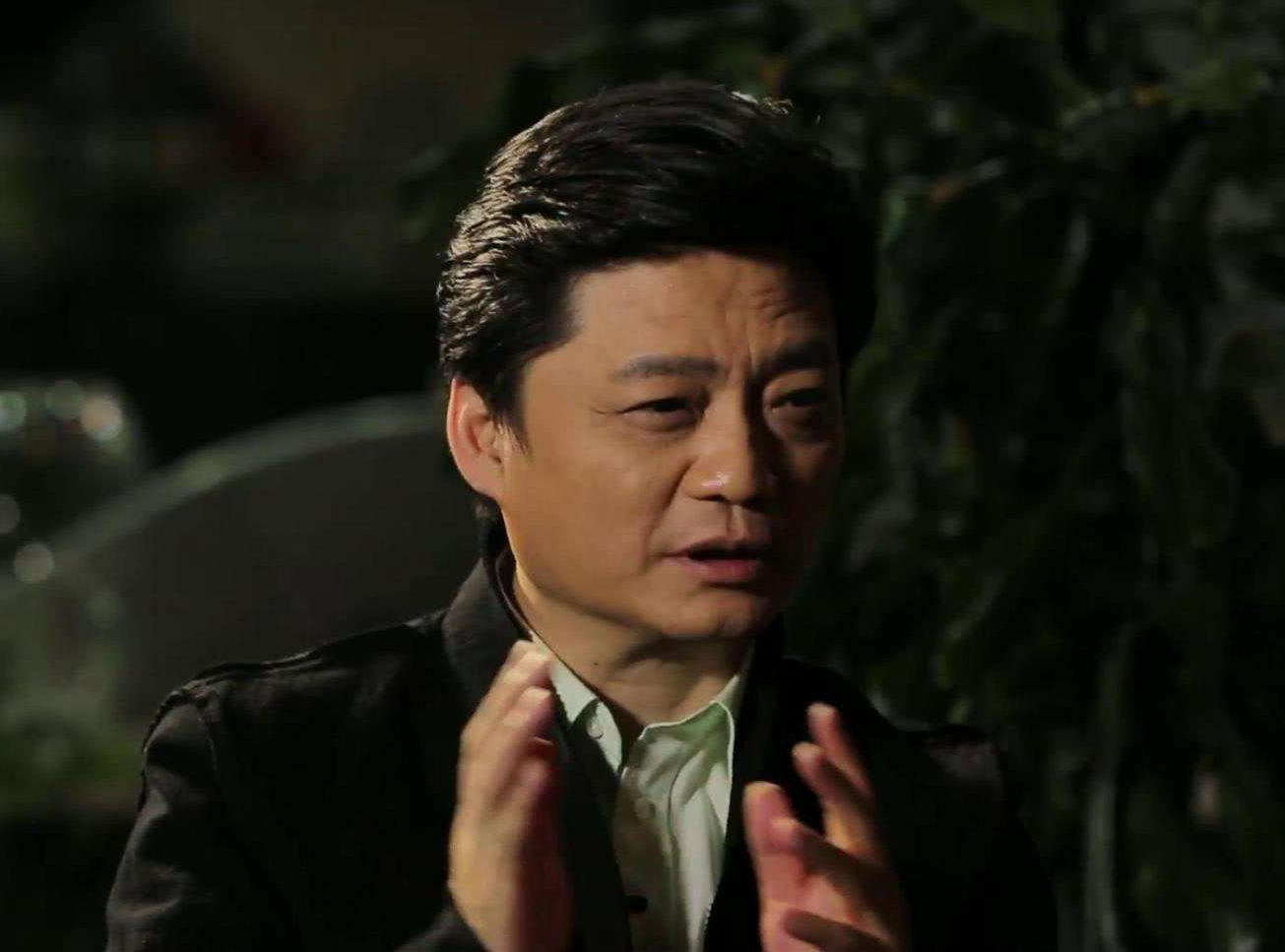
File photo: Cui Yongyuan
Allegations by an outspoken TV host on tax evasion have led to an investigation Sunday of the studio of Chinese top actress Fan Bingbing and ignited suspicion of similar misconduct among actors.
The tax bureau in Wuxi, East China's Jiangsu Province, launched an investigation against Fan's studio, based in Wuxi, after Cui Yongyuan exposed on Sina Weibo what he claims is evidence that Fan had evaded paying taxes.
Cui shared several alleged blacked-out contracts on Weibo since May 28, claiming Fan was offered 10 million yuan ($1.5 million) in one contract and a private 50 million yuan contract in the other, or "yin yang contracts" online.
Cui also attacked Fan for her exorbitant income, claiming that she was paid the 60 million yuan ($9.3 million) for just four days' work on a new movie.
"Don't bother to act, you really suck," Cui said in his online post.
Cui's revelation has sparked an online storm, with the hashtag "Cui Yongyuan bombarding Fan Bingbing" viewed over 38 million times on Weibo as of Sunday afternoon before it was removed from the platform.
The State Administration of Taxation also ordered local tax bureaus to act on "yin yang contracts" among movie actors, and vowed to take stronger measures against tax violations, China Central Television reported.

File photo: Fan Bingbing
Fan's studio published a statement on May 29, saying "Cui's decision to expose confidential documents and publicly insulting Ms. Fan not only breaks business rules but infringes on Fan's legal rights." The studio said it has hired the services of the Beijing Xingquan Law Firm.
"It would be better for Fan's studio not to respond. It has many loopholes," Wang Fu, a Beijing-based lawyer, told the Global Times.
But Fan is unlikely to face criminal charges as long as she pays her back taxes and late fees, Wang said.
"The online controversy focuses on actors' excessive salaries but it is only the tip of the iceberg for the industry. While China has issued several statements seeking to regulate the entertainment industry over the years, it has failed to curb the phenomenon," Zhang Peng, a film researcher at Nanjing University's National Research Center of Cultural Industries, told the Global Times on Sunday.
Zhang called for an independent agency to regulate taxes on personal fees in the entertainment industry.
A circular jointly issued by five central government departments in 2017 asked companies to focus on cultural products rather than only on top actors.
The China Alliance of Radio, Film and Television also issued a statement in 2017, ordering China's production agencies to limit actors' paychecks to no more than 40 percent of the total production cost. It added that leading actors cannot exceed 70 percent of total payments to actors.


